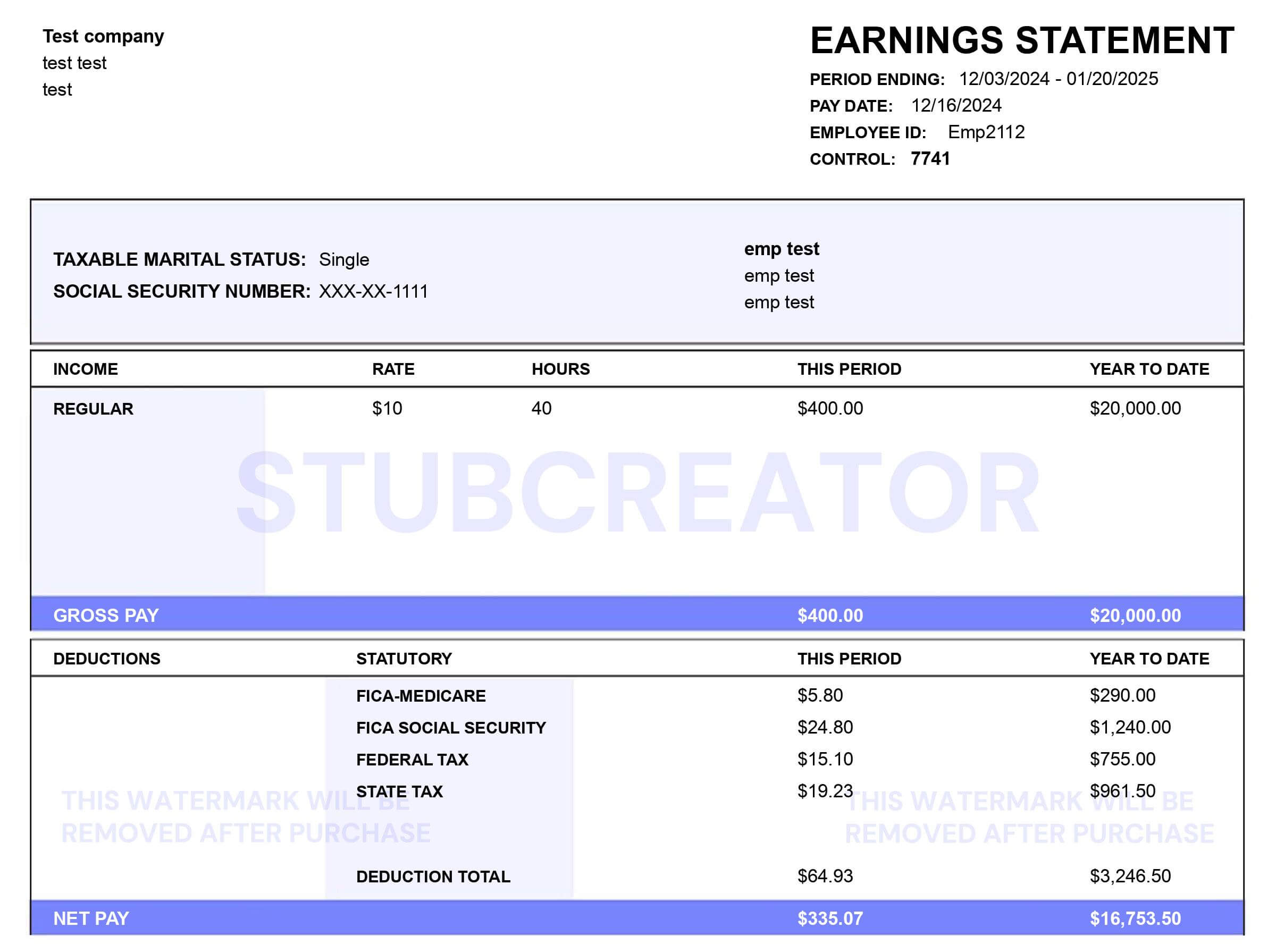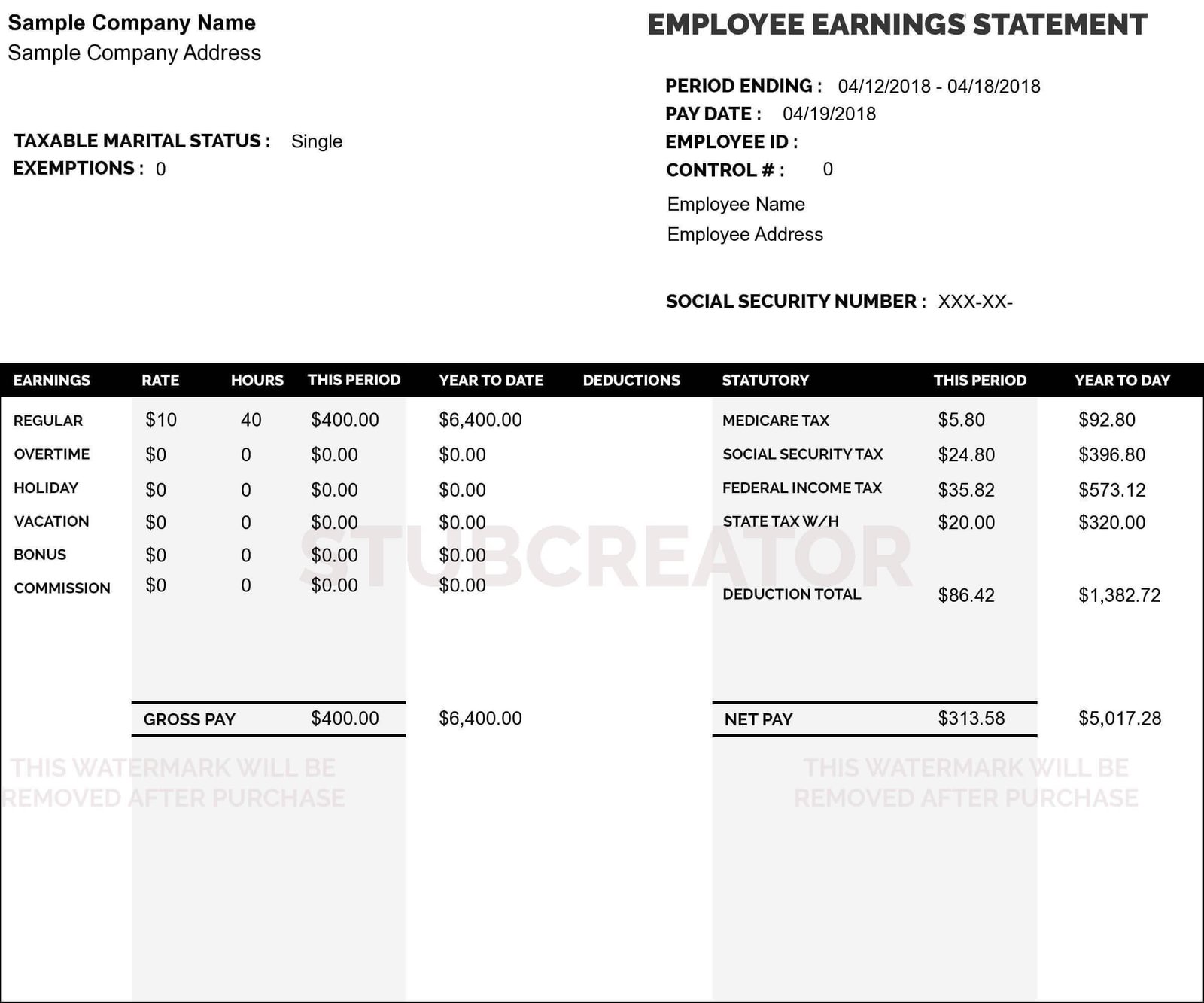What is a Non-Compete Agreement?
Non-compete agreements prohibit employees from joining industries or marketplaces that their employers view as being in direct competition with their business.
Who is Eligible to Sign a Non-Compete Clause?
To maintain their position in a market, employers may require employees to sign non-compete agreements. Non-compete agreements may be requested from:
- Employees
- Consultants
- Contractors
Under a non-compete agreement, an employee is often restricted from working for or joining a company for a specific period.
In their employment contracts, independent contractors and consultants may also be bound by a non-compete provision that forbids Compete when the parties to a partnership part ways and leave the company.
The Function of a Non-Compete Agreement
Every party to the agreement must feel fair and equal under any non-compete agreement. A non-compete agreement must contain specific details to be considered effective, such as:
- Names and addresses of the participants; this information should include:
- The party is being protected.
- The non-competing party.
- A reason for implementing the agreement
- The day the agreement becomes effective or the effective date
- The place or sector that the non-compete agreement covers
- Dates on which a worker is banned from engaging in competitive work (duration of the agreement)
- Information about how the non-competing party will be rewarded if they accept the conditions of the contract is referred to as compensation or “consideration.”
Guidelines for Writing a Non-Compete Agreement
There are a few suggestions to keep in mind to make your non-compete agreements more effective if you’re thinking about creating one for your company. These consist of:
Follow local laws:
It’s critical to be aware of local legislation, in particular. Some states, like Texas and California, frequently do not enforce these agreements and do not defend companies in legal problems.
It’s preferable to disclose your policy to staff members and rival businesses than to keep it a secret.
Verify that the terms of your agreement are not overly binding:
Too many limitations on an employee result in non-compete agreements that are more frequently declared invalid. To avoid placing too many limits while yet protecting crucial information, you should:
- Decide what it is that you want to protect.
- Make certain limitations that will enable you to do it.
- Describe how those particular limitations have helped you defend your business interests.
Remind staff members about the deal:
Remind departing staff members that they have already signed a non-compete agreement and should check it to prevent any issues.
Create non-compete agreements for important workers:
General contracts that all new hires must sign usually don’t hold up in court. Consider drafting contracts for a few permanent employees.
Non-Compete Agreement Questionnaire:
1. What is a Non-Compete Agreement?
A non-compete agreement is a legal contract between an employer and employee (or business and contractor) that restricts the employee from working for competitors or starting a competing business for a specified period after leaving the company. The goal is to protect the employer’s trade secrets, proprietary information, and market position.
2. Are Non-Compete Agreements Enforceable?
The enforceability of non-compete agreements varies by jurisdiction. In many places, they are enforceable if they are reasonable in scope, duration, and geographic area and if they protect legitimate business interests without being overly restrictive.
3. Are Non-Competes Legal?
Non-compete agreements are legal in many places, but their enforceability depends on local laws. Some states, like California, broadly ban them, while others allow them if they are reasonable in scope, duration, and geography.
4. What is a Non-Solicitation Agreement?
A non-solicitation agreement is a legal contract that prohibits an employee or contractor from soliciting a company’s clients, customers, or employees for business or employment after leaving the company. It is designed to protect a business’s relationships and prevent the loss of valuable assets like clients or staff.
5. Are Non-Compete Agreements Enforceable in California?
No, non-compete agreements are generally not enforceable in California. The state’s law strongly favors employee mobility and prohibits most non-compete clauses, except in minimal circumstances, such as the sale of a business.
6. Are Non-Compete Agreements Enforceable in Florida?
Yes, non-compete agreements are generally enforceable in Florida, but they must be reasonable in scope, duration, and geographic area. Florida law allows non-compete agreements to protect legitimate business interests, such as trade secrets, customer relationships, and specialized training.
7. Are Non-Compete Agreements Enforceable in New York?
Yes, non-compete agreements are enforceable in New York, but only if they are reasonable in scope, duration, and geographic area. They must also protect legitimate business interests, such as trade secrets or client relationships, and not impose undue hardship on the employee.
8. Are Non-Compete Agreements Enforceable in Colorado?
In Colorado, non-compete agreements are generally not enforceable except in specific situations, such as to protect trade secrets, recover education or training expenses, or in executive or management roles.
9. Non-Solicitation Agreement vs Non-Compete?
A non-solicitation agreement restricts an individual from soliciting a company’s clients, customers, or employees after leaving the company, protecting business relationships. A non-compete agreement, on the other hand, prevents an individual from working for competitors or starting a competing business within a specific time frame and geographic area.












